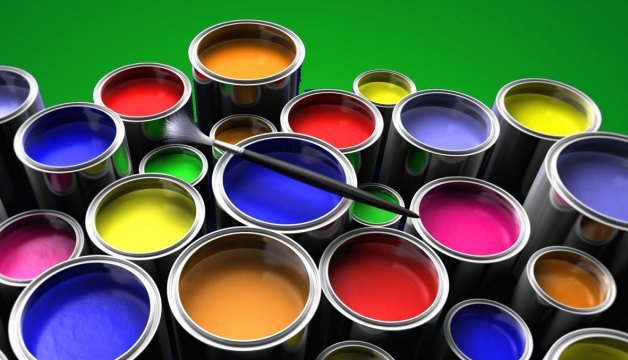Polyurethane resins have emerged as one of the most versatile and widely used materials for protective and decorative coatings. Their flexibility, toughness, and durability make them suitable for a variety of industrial and consumer applications. In this article, we explore the properties and uses of polyurethane resins in more detail.
What are Polyurethane Resins?
Polyurethane resins are polymers formed from diisocyanates and polyols. Common diisocyanates used include toluene diisocyanate (TDI) and methylene diphenyl diisocyanate (MDI). Polyether polyols and polyester polyols are reacted with diisocyanates in the presence of catalysts and additives to form polyurethane polymers.
Polyurethane resins have high elongation, excellent abrasion resistance, and good impact strength. Their molecular structure allows crosslinking between polymer chains, resulting in materials that are durable yet flexible. The choice of diisocyanate, polyol, and additives allows engineers to tune the mechanical and chemical properties of polyurethane resins for specific applications.
Applications in Coatings and Paints
Due to their versatility, polyurethane resins find wide usage in protective and decorative coatings across industries. Some key application areas include:
– Automotive coatings: Polyurethane resins are important constituents of automotive topcoats and clearcoats which require weatherability, hardness, and gloss retention. They protect vehicle exteriors from environmental damage.
– Industrial coatings: Used in coil coatings for metal building products and powder coatings for appliances. Polyurethane resin-based industrial coatings offer corrosion resistance and durability.
– Wood coatings: Used in lacquers, stains and varnishes for wood furniture. Polyurethane coatings on wood impart scratch and abrasion resistance while maintaining the natural look of wood.
– Leather coatings: Polyurethane resins form long-lasting protective coatings on leather upholstery, footwear and accessories to boost abrasion resistance and durability.
– Floor coatings: Durable polyurethane coatings for garages and warehouses protect concrete floors from petroleum spills, abrasion and chemical damage.
– Can/coil coatings: Resin-based coatings for food/beverage cans and metal building parts provide corrosion protection and gloss retention.
Properties Enhancing Performance
The outstanding performance of Polyurethane Resin Coatings stems from some distinguishing properties:
Hardness and Abrasion Resistance: Addition of hard segments from diisocyanates results in highly crosslinked structures with excellent scratch and abrasion resistant surfaces.
Flexibility: The presence of soft segments from polyester/polyether polyols allows freedom of movement between polymer chains, imparting flexibility even at low temperatures.
Adhesion: Polyurethane coatings adhere very well to substrates like metal, wood, plastic through their chemical bonding to surfaces.
Chemical Resistance: Aliphatic polyurethane resins display high resistance to acids, alkalis, salts and sunlight. Aromatic resins are more resistant to solvents.
Weatherability: Properly formulated aliphatic and aromatic polyurethane topcoats retain their gloss and color for years withstanding outdoor weathering.
Processing Versatility
Polyurethane resins can be processed into coatings using different techniques depending on the end-use application:
– Solventborne: Widely used in industrial applications where good flow, leveling and adhesion is required on complex surfaces. Has higher VOC emissions.
– Waterborne: Environment-friendly alternative to solventborne coatings. Used in furnishings, wood floors and automotive refinish applications.
– Powder coatings: 100% solids polyurethane resin system cured by heating. Used for metal substrates in industrial and architectural applications.
– UV-cured: Polyurethane oligomers crosslink under UV light forming a hard film. Used in gaskets, adhesives and graphic arts due to fast curing.
– Two-component (2K): Comprised of polyol and isocyanate components mixed on site before coating. Used for demanding applications needing maximum properties.
Future Prospects
As environmental regulations on VOCs continue to become more stringent, waterborne and powder polyurethane resin technologies are expected to grow at a faster pace. New emerging application areas include marine coatings, healthcare devices, 3D printing materials. Research into bio-based polyols can further improve sustainability. With their versatility, polyurethane resins will remain materials of choice for protective and functional coatings in the foreseeable future.
*Note:
1. Source: Coherent Market Insights, Public sources, Desk research
2. We have leveraged AI tools to mine information and compile it



